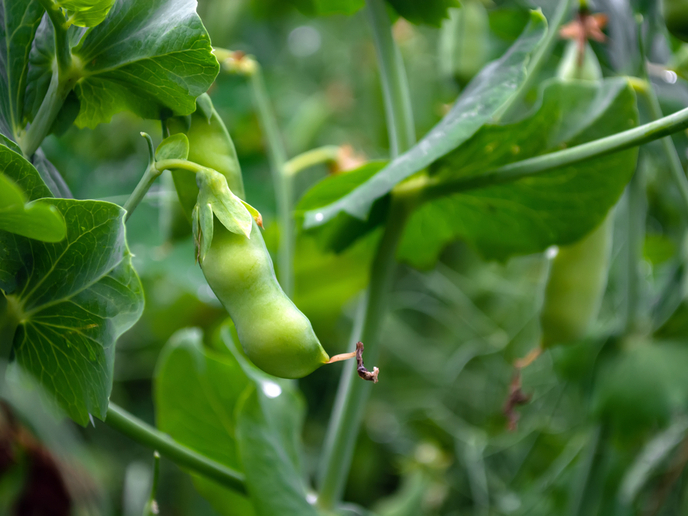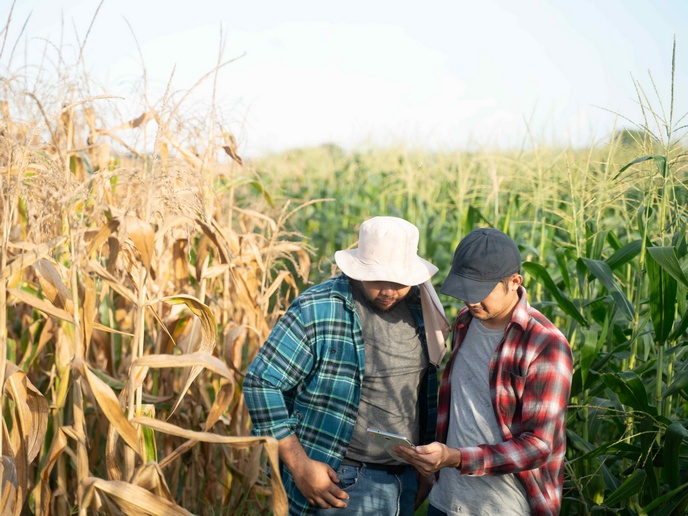A ‘life-oriented’ paradigm for future agriculture
Throughout the 1970s, scientists in Europe started compiling gene banks for edible plant species. As modern varieties and agricultural practices were taking the market by storm, they felt like they didn’t have much time before entire plant varieties went extinct. History proved them right: whilst around 7 000 plants have historically been used in agriculture, 75 % of the world’s food currently comes from just 12 plants and five animals. According to the FAO, 60 % of the world population’s caloric input is generated from three plants only: rice, wheat and maize. And gene banks haven’t evolved much since they were created. “Our project is based on two hypotheses: the first is that cultivated plant diversity is the foundation for creating more sustainable and resilient food systems. The second is that the ultimate goal of such resilient agricultural systems is to provide high-quality food,” says Dr Véronique Chable, senior scientist at INRA and coordinator of DIVERSIFOOD (Embedding crop diversity and networking for local high quality food systems). The project’s main objective is to develop a food-quality concept along these lines. Covering the whole food chain from genetic resources to marketing, the consortium has been evaluating the genetic resources of a dozen underutilised and forgotten plant species, creating innovative breeding methods, managing diversity in Community Seed Banks, conducting surveys, and providing recommendations for the better management of seed systems and better organisation of research. This is what Dr Chable calls a “life-oriented” paradigm, aiming to boost diversity at all levels of the value chain. “Instead of breeding uniform varieties (such as pure lines, F1 hybrids and clones), we have been creating new population varieties where all the plants within a single population are genetically different. This is essential for sustainability, crop performance, food quality and plant health,” says Dr Chable. Besides reviving diversity, the consortium hopes the project will enable a cultural shift where living processes, rather than the laws of markets, will come first. DIVERSIFOOD’s new organisational models are expected to help sustain pioneering and multi-actor processes embedded in territories and communities, and to support the emergence of diversity-based food systems that are sustainable in the long run. “Meanwhile, DIVERSIFOOD is questioning which avenues can be envisaged to effectively support and finance these local and collective initiatives,” Dr Chable points out. The project is scheduled for completion in February 2019. From that point onwards, the team will be aiming for a broader implementation of their concept. “It is time to start a transition from proofs-of-concept and success stories to a more systematic deployment of our collective, multi-actor and multi-knowledge approach to food systems diversity. We will collectively mobilise citizens and policy makers, with a focus notably on scientists who require adequate transdisciplinary training, and farmers within networks who need assistance and support to successfully undertake plant breeding and research activities. Neither the project’s funding framework, nor the ‘market’ can fulfil these needs on their own. We need to seek alternative organisational and funding models having an impact at a significantly larger scale,” Dr Chable concludes.







